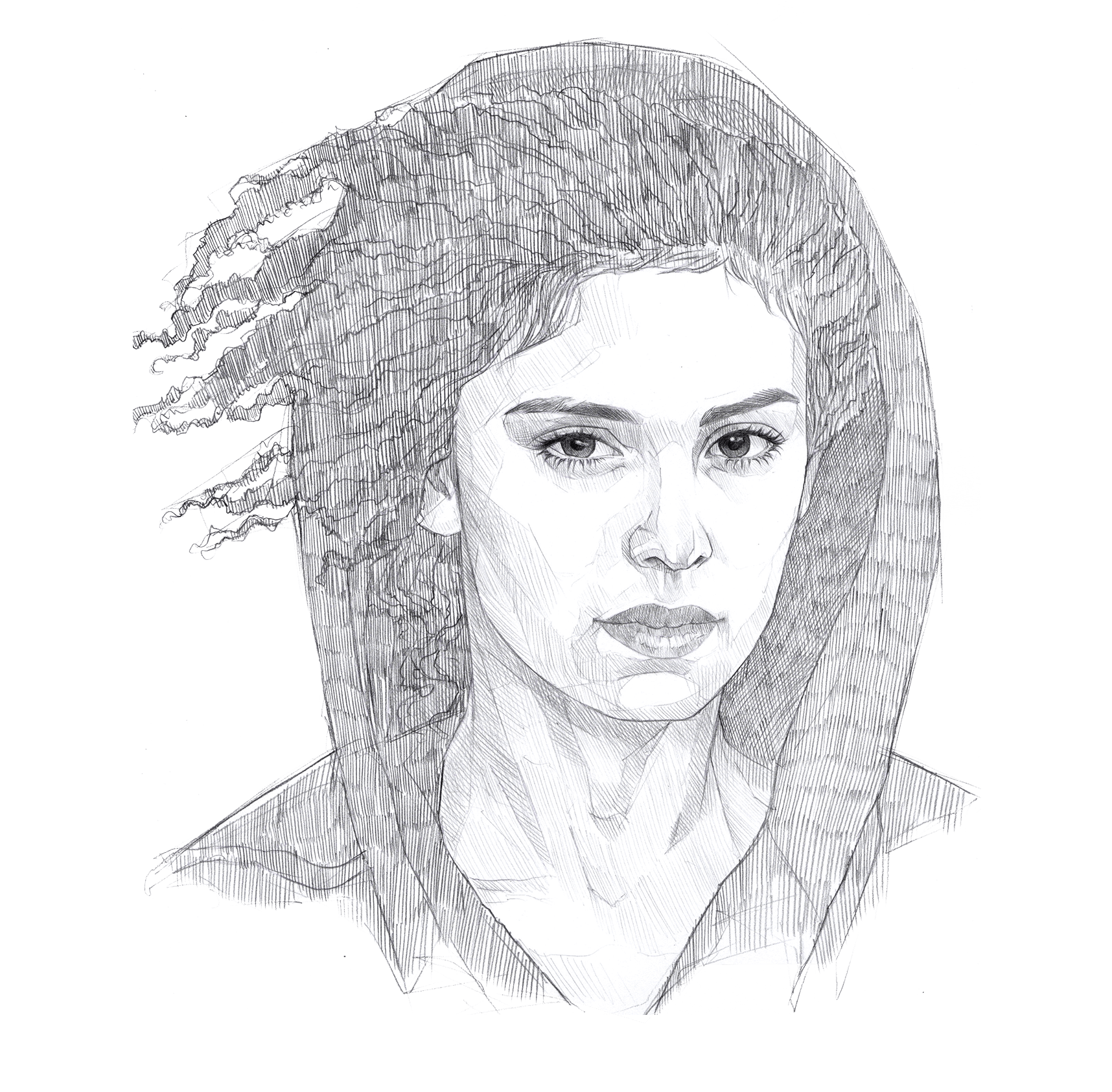MSVU
Maybe just kind of double-checking […] people’s preferred pronouns when they’re talking […] one-on-one […]. So, if they’re not really out yet, and you’re just talking one-on-one […], you wanna use they/them pronouns um, but…
What if there were, like, […] a main person that you would […] disclose to or report to, but also some other people who were, like, designated options. So, like, say the report – or…
Facilitator: Why do you think […] your aunt might think that having a policy against sexual assault at all at your school might suggest some sort of, like, unsafety, or danger? Participant 1: Because […]…
Facilitator: How ‘bout, like, everybody gives me one characteristic or quality […] of a potential support person. What would that look like? Participant 1: Caring? Facilitator: Caring, why would it be important um, to have…
I feel […] like trans people might have different experiences […] with sexual assault than a cis person might. Um, so, like, having someone [provide support] that would be knowledgeable or experienced abou the trans…
I think that this provided a lot of really good insight on – um, what more can be done for trans and non-binary people, because before I heard some of the ideas from Participant 1…
When a student discloses or reports, there needs to be something there that people can point to, or students can say, “on the website is… ” but in particular, staff or faculty can say, “here…
Some outside resources that are […] trans-specific or – or LGBT+ specific would be good. […] I’m not super involved or anything, but like the only thing that I could think of off the top…
Participant 1: I’m going to add something directly to what you just said about how it’s discouraged to talk to the police. I agree with that because when I went through this with my friend…
Maybe if there was some kind of LGBT+-, trans-, non-binary-specific type of […] event or activity that took place on campus where [the university SV/SA policy] was kind of discussed. […] It would feel more…

